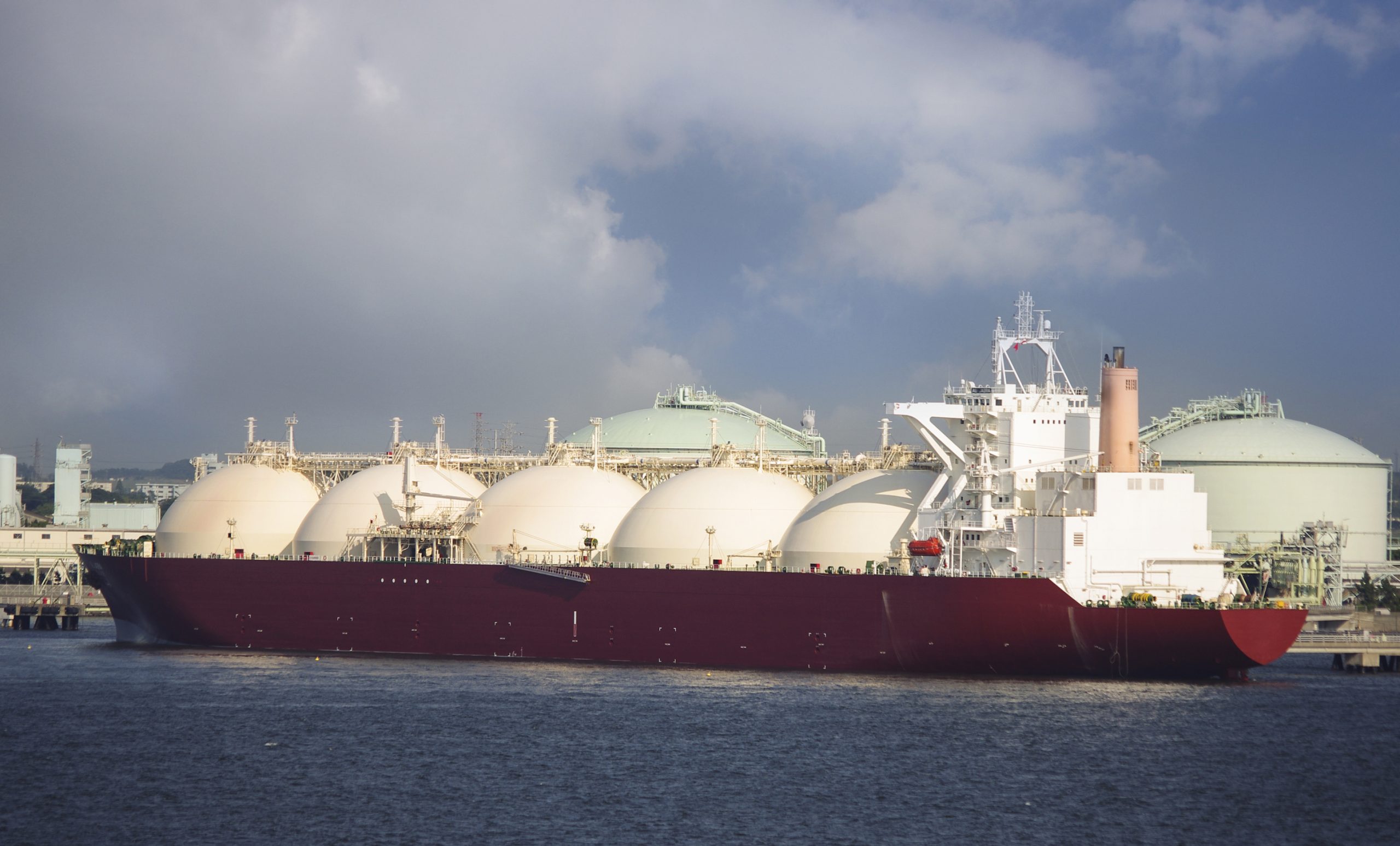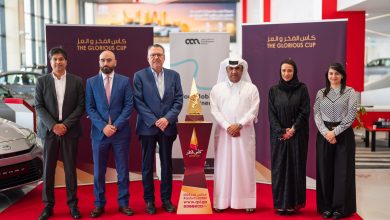OAPEC: Arab Countries Will Have Largest Share in Meeting LNG Demand
أوابك: الدول العربية سيكون لها النصيب الأكبر في تلبية الطلب على الغاز الطبيعي المسال
QNA
Kuwait: The Organization of Arab Petroleum Exporting Countries (OAPEC) said that the Arab countries will have the largest share in meeting the demand for liquefied natural gas, according to its announced investment plans, which requires the continuation of pumping investments to ensure a balance of supply and demand.
This came in a press release, following a working paper presented by OAPEC on “Developments of the commercial structure of liquefied natural gas export projects and their implications for the global market” during a three-day training workshop organized by the Kuwait Institute for Scientific Research, via visual communication technology.
OAPEC added that the liquefied natural gas industry includes four stages: gas extraction, liquefaction, transporting it via tankers, and re-fumigation in the importing market.
OAPEC pointed out that the liquefaction stage is the highest in costs, as it alone represents about 50 percent of the total investment costs required to implement an integrated project, “which makes the implementation of the liquefaction project an investment decision that requires careful reading of the target markets,” explaining that the implementation of the liquefaction project requires the presence of reserves. Sufficient natural gas is sufficient to operate the project for a period of at least 20 to 30 years.
The Organization indicated that there are several models of the commercial structure of LNG export projects, including the fee model that American companies follow, noting that this model is now able for buyers to refuse to receive the shipment if necessary, with a fine representing on average less than 50 percent of its value instead of bearing the cost The shipment is complete.
OAPEC pointed out that despite the strong competition with the United States due to the advanced commercial model of its projects, the Arab countries are still strongly present in the global LNG scene, as they are the main long-term approved supplier for major consumers in European and Asian markets.
OAPEC confirmed that gas prices in global markets have witnessed unprecedented historical leaps in recent times, indicating that the pricing system based on linking the price of sold gas to a price equation with Brent crude in long-term contracts still dominates about 55 percent of total gas sales. Globally liquefied natural, a system that limits price fluctuations.
قنا
الكويت: قالت منظمة الأقطار العربية المصدرة للبترول /أوابك/، إن الدول العربية سيكون لها النصيب الأكبر في تلبية الطلب على الغاز الطبيعي المسال وفقا لما أعلنته من خطط استثمارية، وهو ما يتطلب ديمومة ضخ الاستثمارات لضمان توزان العرض والطلب.
جاء ذلك في بيان صحفي، عقب ورقة عمل قدمتها /أوابك/ حول “تطورات الهيكل التجاري لمشاريع تصدير الغاز الطبيعي المسال وانعكاساتها على السوق العالمي” خلال ورشة تدريبية اختتمت اعمالها اليوم ،نظمها معهد الكويت للأبحاث العلمية ،عبر تقنية الاتصال المرئي ،لمدة ثلاثة ايام .
واضافت /أوابك/، إن صناعة الغاز الطبيعي المسال تتضمن أربع مراحل هي استخراج الغاز وإسالته ونقله عبر الناقلات وإعادة التبخير في السوق المستورد له.
وأشارت إلى أن مرحلة الإسالة تعد الأعلى في التكاليف، إذ تمثل وحدها نحو 50 بالمئة من إجمالي التكاليف الاستثمارية المطلوبة لتنفيذ مشروع متكامل المراحل “وهو ما يجعل من تنفيذ مشروع الإسالة قرارا استثماريا يتطلب قراءة دقيقة للأسواق المستهدفة”،موضحة أن تنفيذ مشروع الإسالة يتطلب وجود احتياطيات كافية من الغاز الطبيعي تكفي لتشغيل المشروع فترة من 20 إلى 30 عاما على الأقل.
وبينت أن هناك نماذج عدة للهيكل التجاري لمشاريع تصدير الغاز الطبيعي المسال ومنها نموذج الرسوم الذي تتبعه الشركات الأمريكية ،مشيرة إلى أن هذا النموذج بات بإمكان المشترين رفض استلام الشحنة إذا اقتضت الحاجة مع تحمل غرامة تمثل في المتوسط أقل من 50 بالمئة من قيمتها بدلا من تحمل تكلفة الشحنة كاملة.
ولفتت إلى أنه وعلى الرغم من المنافسة القوية مع الولايات المتحدة بسبب النموذج التجاري المتطور لمشاريعها لا تزال الدول العربية حاضرة وبقوة في المشهد العالمي للغاز الطبيعي المسال، حيث تعد المورد الرئيسي المعتمد طويل الأمد لكبار المستهلكين في الأسواق الأوروبية والآسيوية.
وأكدت /أوابك/، أن أسعار الغاز في الأسواق العالمية شهدت قفزات تاريخية غير مسبوقة في الآونة الأخيرة، مبينة أن نظام التسعير القائم على ربط سعر الغاز المباع بمعادلة سعرية مع خام برنت في العقود طويلة المدة لا يزال يهيمن على نحو 55 بالمئة من إجمالي مبيعات الغاز الطبيعي المسال عالميا وهو النظام الذي يحد من تقلبات الأسعار.




